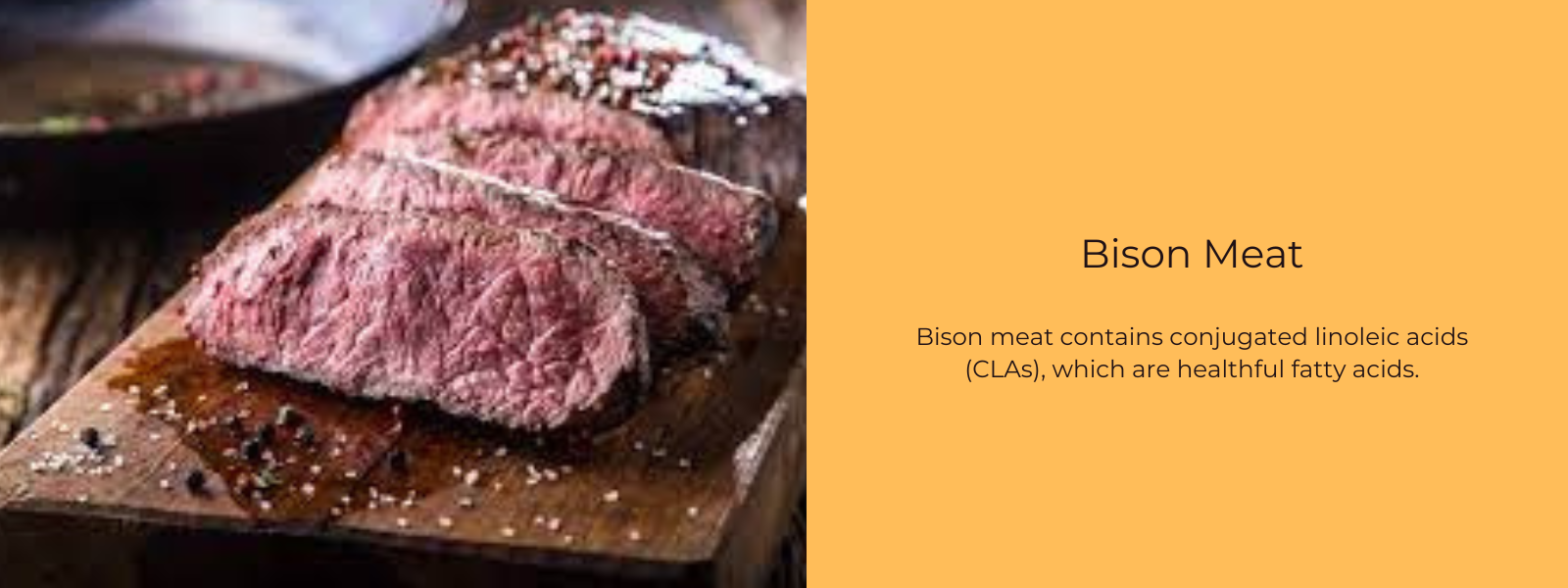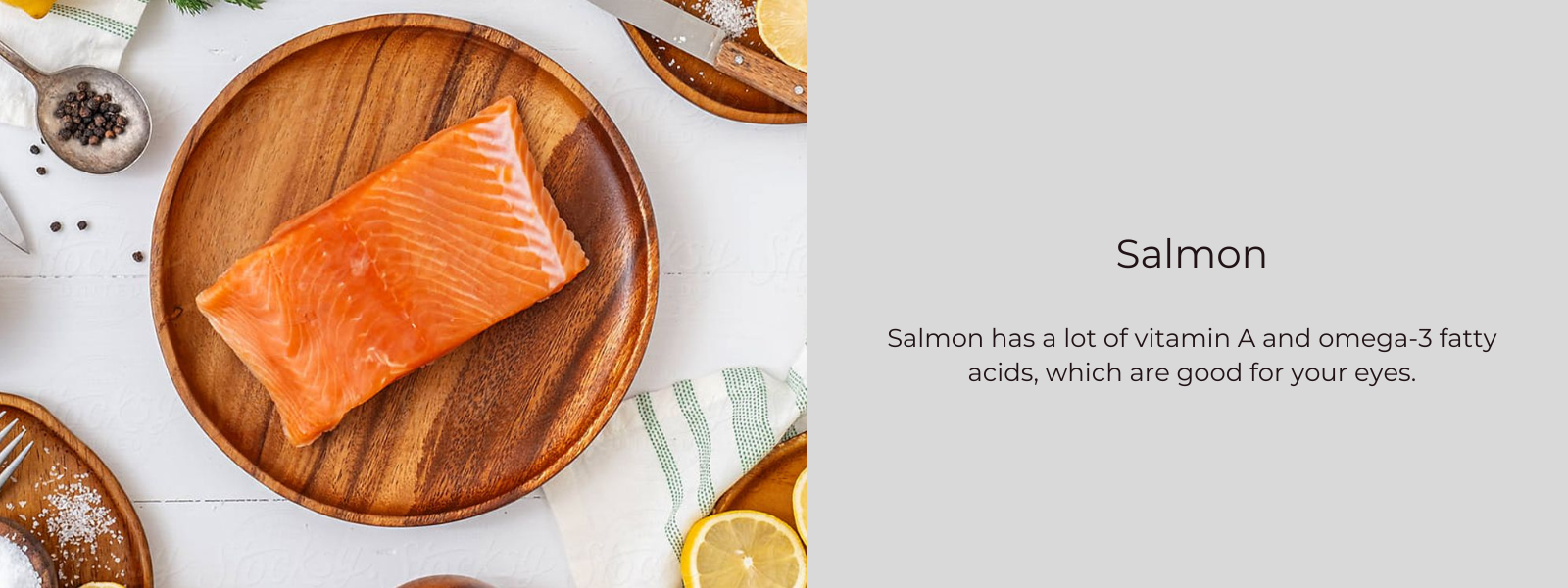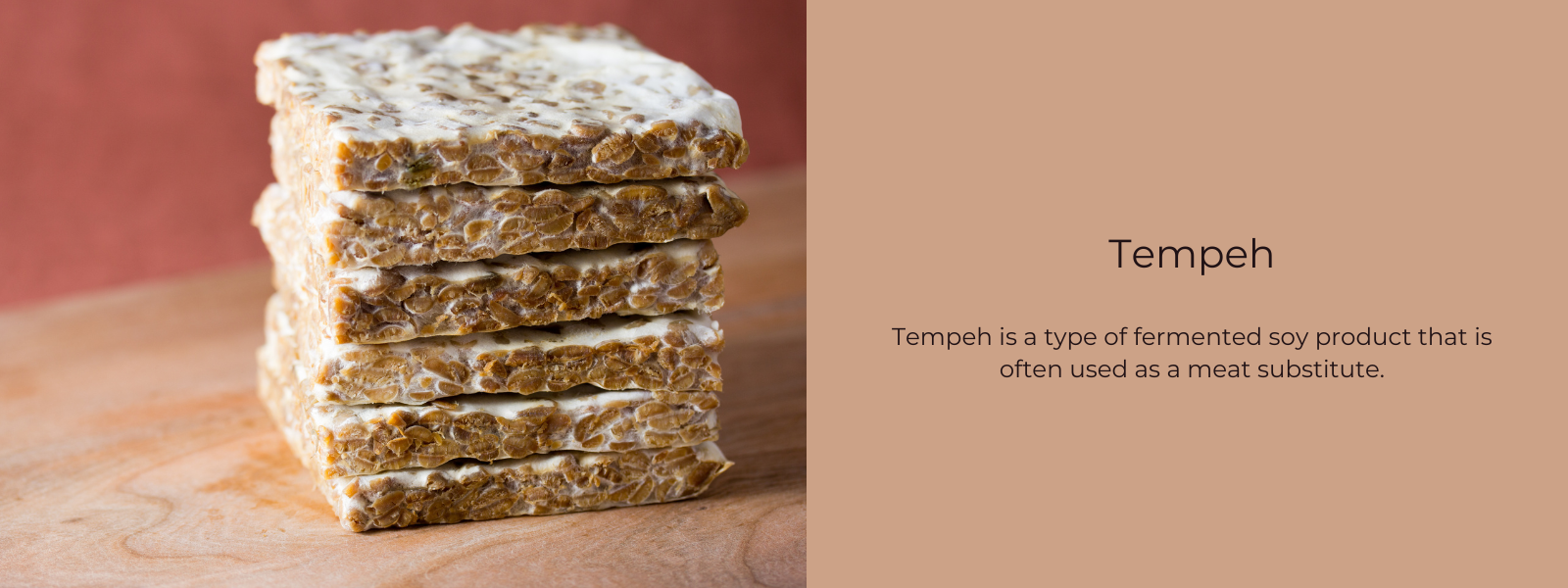Pork is the flesh of domesticated hogs. Its crimson colour is due to the inclusion of the heme protein myoglobin. Various minerals, vitamins, and protein contribute to pork's many benefits. It can be consumed freshly prepared or preserved in the form of gammon, bacon and sausages. A moderate consumption of pork could offer a slew of health advantages.
Table of Contents
What is pork?
Pork is a red flesh that comes from pigs. It is rich in protein, vitamins, minerals, and amino acids that are beneficial to overall health. When trimmed of visible fat, lean pork is rich in nutrients, satisfying, and healthy. Some pork parts, such as tenderloin, loin chops, and sirloin roast, are healthier than poultry because they are produced from lean cuts. Whereas some foods, such as bacon and fatty meats, promote cholesterol buildup and are high in saturated fat, resulting in artery clogging, they are not intended for daily consumption and unrestrained portions.
Nutrient profile of pork:
Additionally, pork is an excellent source of vitamins and minerals such as selenium, phosphorus, and thiamine.
Pork contains more thiamine, a B nutrient necessary for a variety of bodily processes, than red meats such as beef and lamb.
Vitamins B6 and B12, which are also abundant in pork, are necessary for the formation of red blood cells and cognitive function. Additionally, pork is an excellent source of iron, as the heme-iron present in red meats is readily assimilated by the body's digestive system.
Selenium in pork is necessary for healthy thyroid function. A six-ounce pork tenderloin contains more than 100 percent of the daily value for selenium.
Health benefits of pork:
Enhances pituitary function
Pork is an excellent source of selenium, which is essential for enhancing thyroid function. There are approximately 33 micrograms of selenium per ounce of pork. The thyroid gland is an essential hormone gland that plays a crucial function in the human body's metabolism, growth, and development. Consuming selenium-rich foods is essential for protecting thyroid disease and maintaining overall health.
Provides energy to the organism
To increase your vitality, you must consume sufficient iron. By attaching to red blood cells, iron aids in the transport of oxygen to areas of the body that require it. Major iron deficiency symptoms include fatigue and low energy. Nonetheless, swine is an excellent source of iron. In addition to iron, pork is a great supply of the B-vitamins thiamine and Niacin. Thiamin and Niacin assist in the conversion of carbohydrates into energy by the body's cells.
Improves cognitive and immune function
Pork meat has a lot of zinc, which serves as an important mineral for a good brain as well as immune system. It is necessary for the effective functioning of the immune system and is involved in wound healing, cell division, and the breakdown of carbohydrates. Additionally, zinc is necessary for the normal growth of the nervous system and enhances cognitive function.
Supports muscle mass
Maintaining muscle mass as you age becomes more difficult. Without proper nutrition, muscle mass naturally deteriorates, which can contribute to a variety of age-related health issues. A protein-rich diet is necessary for the maintenance of muscle mass. Pork is a great source of protein of good quality. They comprise all the essential amino acids, making them the ideal building blocks for building and sustaining muscle mass.
Enhances muscle performance and function
Pork can enhance muscle function and physical performance. In addition to being abundant in high-quality protein, they also contain a variety of beneficial nutrients for the muscles, such as glutathione, creatine, taurine, and beta-alanine. Beta-alanine aids in the formation of carnosine, an essential compound for muscle function. Consequently, pork is one of the finest foods for bodybuilding.
Risk and precaution while consuming pork meat:
Additionally, pork is an excellent source of vitamins and minerals such as selenium, phosphorus, and thiamine.
Pork contains more thiamine, a B nutrient necessary for a variety of bodily processes, than red meats such as beef and lamb.
Vitamins B6 along with B12, which are also abundant in pork, are necessary for the formation of red blood cells and cognitive function. Additionally, pork is a great source of iron, as the heme-iron present in red meats is readily assimilated by the body's digestive system.
Selenium in pork is necessary for healthy thyroid function. A six-ounce pork tenderloin contains more than 100 percent of the daily value for selenium.
Pork contains parasite:
Eating pork that is undercooked or uncooked can cause parasitic infections. Tapeworm, or Taenia solium, is a gastrointestinal parasite. It is typically innocuous, but it may lead to cysticercosis, a disease that leads to epilepsy.
Consuming undercooked or raw pork can also cause trichinosis, an infection caused by Trichinella parasitic roundworms. Despite the fact that trichinosis symptoms are typically moderate, they can become severe and even fatal in elderly adults.
To prevent parasitic infection, pork must always be cooked completely. Before serving, use a meat thermometer to ensure that the meat has reached a temperature high enough to eliminate parasites and bacteria.











Leave a comment